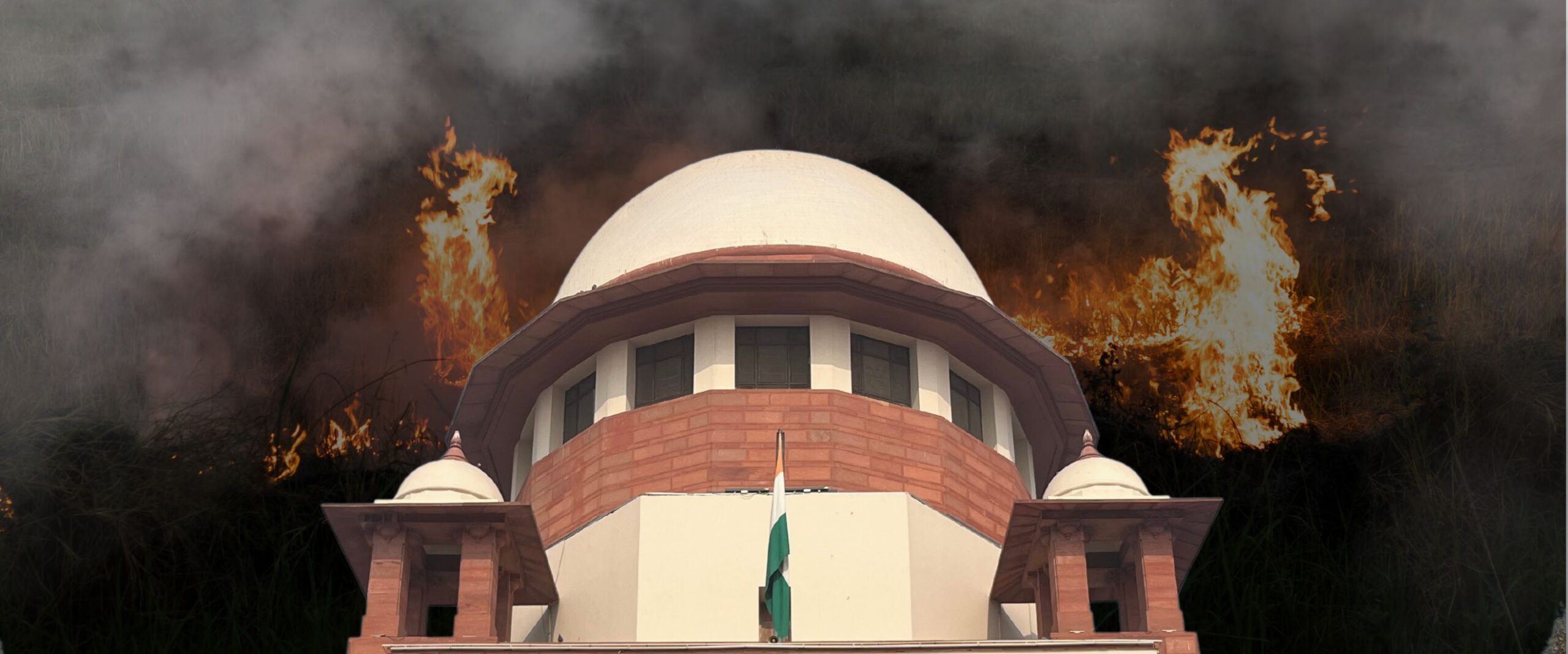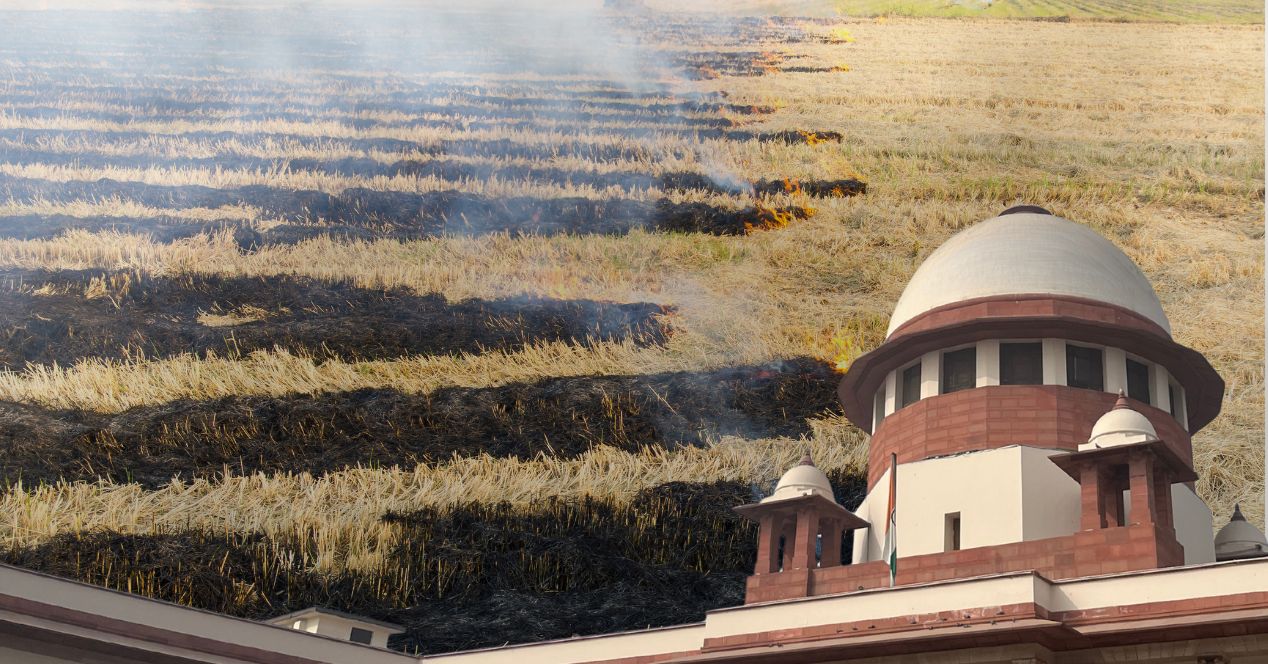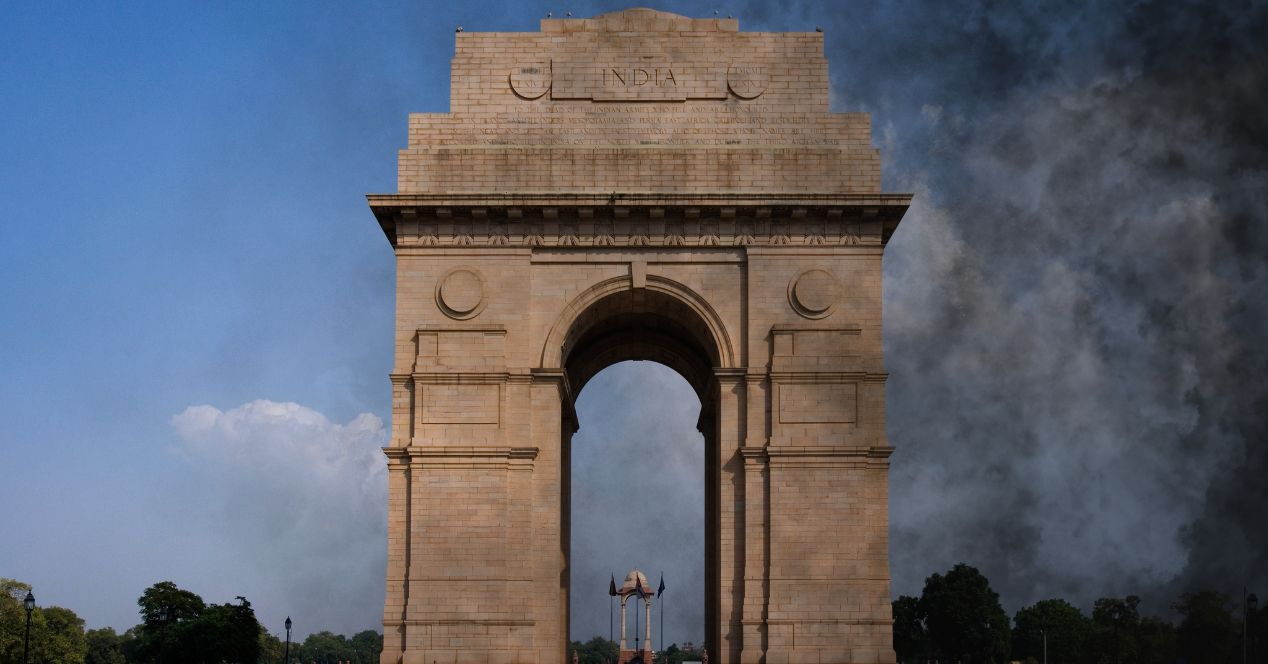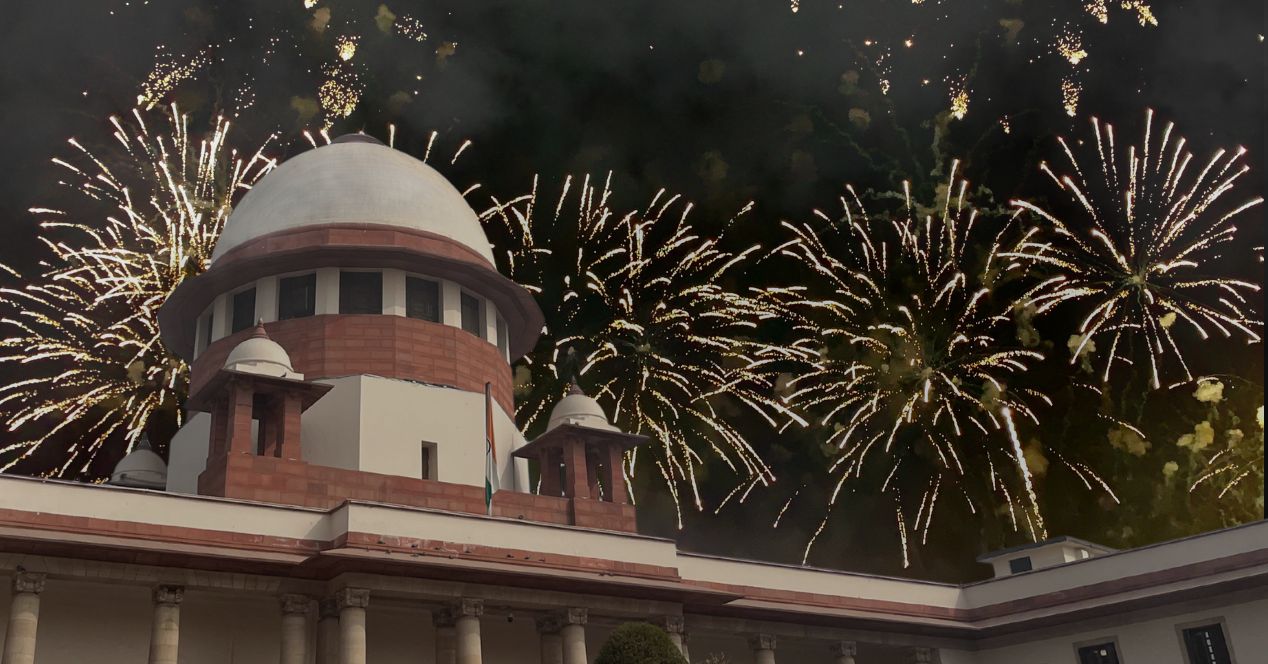Analysis
Delhi Air Pollution Crisis | Union submits pollution-control plan
Vacancies in pollution control boards and poor enforcement come under scrutiny as Court demands accountability from NCR states

Today, the Supreme Court reviewed the Union Government’s short and long term plans to address Delhi’s pollution crisis. The Bench noted that the enforcement of policies is the central issue, noting that frameworks for dust control, emissions and diesel generator regulation are already in place under the Commission for Air Quality Management (CAQM) and the Central Pollution Control Board.
On 17 November, the Court had asked the Union Government, Punjab and Haryana to place a durable long-term plan on record after submissions that stubble burning figures were being undercounted and that seasonal restrictions had consistently failed to improve air quality.
Appearing for the Union Government, Additional Solicitor General Aishwarya Bhati placed a compiled status note based on a meeting chaired by the Ministry of Environment, Forest and Climate Change (MoEFCC). Senior Advocate Aparajita Singh appeared as amicus curiae. The minutes of the MoEFCC meeting, which included participation from Chief Secretaries and senior officials of Delhi, Haryana, Punjab, Uttar Pradesh and Rajasthan, were placed before the Court.
Bhati: All regulatory measures exist, the gap lies in implementation
Bhati submitted that both short term and long term measures had been outlined by the MoEFCC. They covered dust and road dust mitigation, construction site controls, devolution and waste management, vehicular and industrial pollution, DG set regulation, governance and enforcement mechanisms and crop residue management. She stated that sanctioned building plans already include standardised dust mitigation clauses. She added that CAQM and CPCB directives require anti smog guns, continuous dust suppression systems and on site monitoring for large construction projects.
Bhati emphasised that the regulatory framework “exists in principle,” but enforcement continues to be the weak link. She said field inspection units, rapid surprise checks and uninterrupted online monitoring were essential to ensure compliance. She referred to the minutes of the multi state meeting chaired by the MoEFCC and sought permission to file weekly action taken reports on each measure.
Singh: GRAP remains reactive; severe vacancies undermine enforcement
Singh submitted that the Graded Response Action Plan (GRAP) operates only when pollution reaches severe levels, which makes the system reactive rather than preventive. She stated that State Pollution Control Boards across NCR states continue to suffer from extensive vacancies and lack the manpower required for effective supervision.
She reminded the Bench that the Court had previously dealt with this issue when it directed Punjab, Haryana and Uttar Pradesh to fill all vacancies within three months and warned that the absence of manpower during the pollution season exposed the public to worsening air quality. She stated that despite these clear directions, enforcement capacity remains weak.
Singh also flagged that schoolchildren preparing for sports competitions during November and December continue to train in periods of severe pollution and requested that the Court direct such activities to be shifted in line with GRAP II restrictions.
Court’s observations and directions
The Bench noted that although the Union Government has placed detailed measures on record, the amicus has raised valid concerns that pollution levels have not shown improvement. The Bench directed all NCR states to take instructions and state on affidavit whether subsistence allowance has been released in accordance with GRAP restrictions.
Noting the need for continuing supervision, the Bench listed the matter on 10 December for a monthly review of CAQM’s reports. The Court also recorded CAQM’s proposal to shift certain prohibitions under GRAP III into GRAP II and observed that while any step to reduce pollution is welcome, all stakeholders must be consulted before altering the framework.
Addressing the concern regarding schoolchildren participating in sports training during periods of severe pollution, the Court requested CAQM to examine the issue and to pass appropriate directions to shift such activities to safer months.




